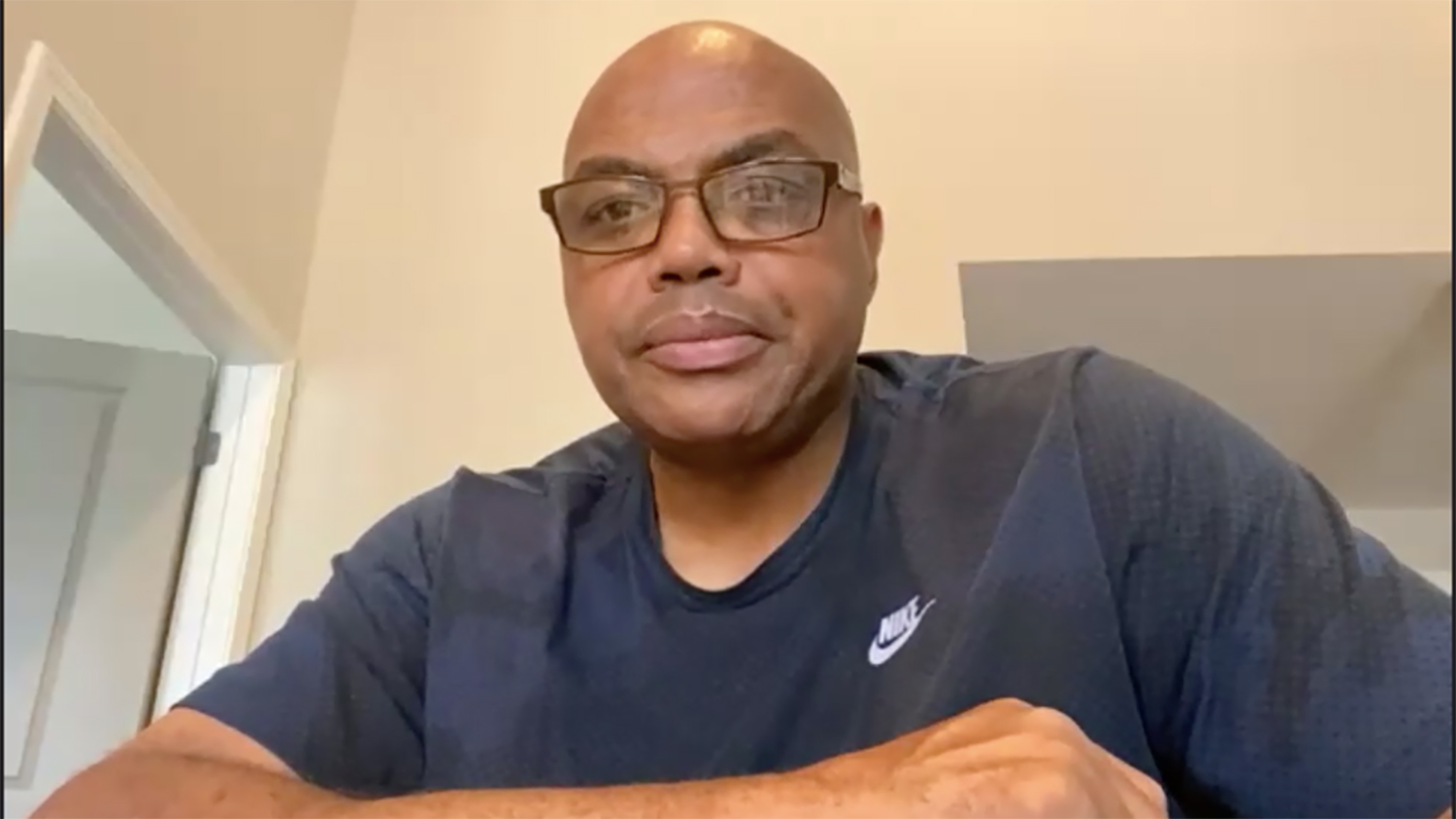
AP Photo/Steven Senne Athlete recruitment and early decisionĪnother admissions advantage offered recruited athletes is almost guaranteed acceptance and roster placement if the applicant uses a school’s early decision process.

The data specifically showed that athletes with below-average standardized test scores were twice as likely to be admitted as legacy applicants and four times more likely to be admitted as applicants from traditionally underrepresented groups.Īctor Lori Loughlin and her husband, clothing designer Mossimo Giannulli, left, depart a federal court in Boston on April 3, 2019, after a hearing on charges in a nationwide college admissions bribery scandal. Talented nonathletes, like musicians and actors, were not given similar leeway in their test scores during admissions decisions. Overlooking academic shortcomingsĪ second advantage is that admissions officers at the most elite schools have historically ignored below-average grades and standardized test scores for athletes, but not for other groups.Ī study in the early 2000s found that athletes recruited to Ivy League universities tended to have significantly lower SAT scores than their nonathlete classmates. College officials told me that this service was common for recruited athletes but rare for nonathletes. This included the notification of her acceptance to the school, which normally comes from the admissions office.

A recruited soccer player told me she only ever heard from the coaching staff between submitting her application materials – to the coaches – and the first day of practice. I had similar findings in my own research on college and youth sports. This included staff filling out forms for the recruit, hand-delivering application materials to admissions staff and advocating for increased financial aid. In her 2021 book,“ Special Admission,” Kirsten Hextrum, an education professor at the University of Oklahoma, found that recruited athletes were largely chaperoned through the admissions process by athletics staff. The first is a streamlined, hassle-free application process.

There are three main ways that college admissions practices significantly advantage recruited athletes over academically superior applicants. But this alleged fraud would not have been possible without the systemic admissions advantages already afforded recruited athletes, who tend to be whiter, wealthier and more suburban than the average college applicant.

Justice Department’s “Operation Varsity Blues” announced dozens of federal criminal charges against parents, coaches and others who allegedly helped college applicants fake sporting prowess. The advantages athletes have in college admissions received national attention in 2019. Recruited athletes are those who are actively pursued and invited by college coaches to join a team, unlike so-called “walk-ons,” who must try out for teams after arriving at college. Lawmakers in Congress and state legislatures are deciding whether to address the advantages given to these so-called “legacy” admissions.īut as a scholar of higher education and intercollegiate athletics, I see another group of college applicants also getting preferential treatment: recruited athletes. In recent years, colleges have paid more attention to complaints that their admissions decisions give unfair advantages to children of their alumni.


 0 kommentar(er)
0 kommentar(er)
